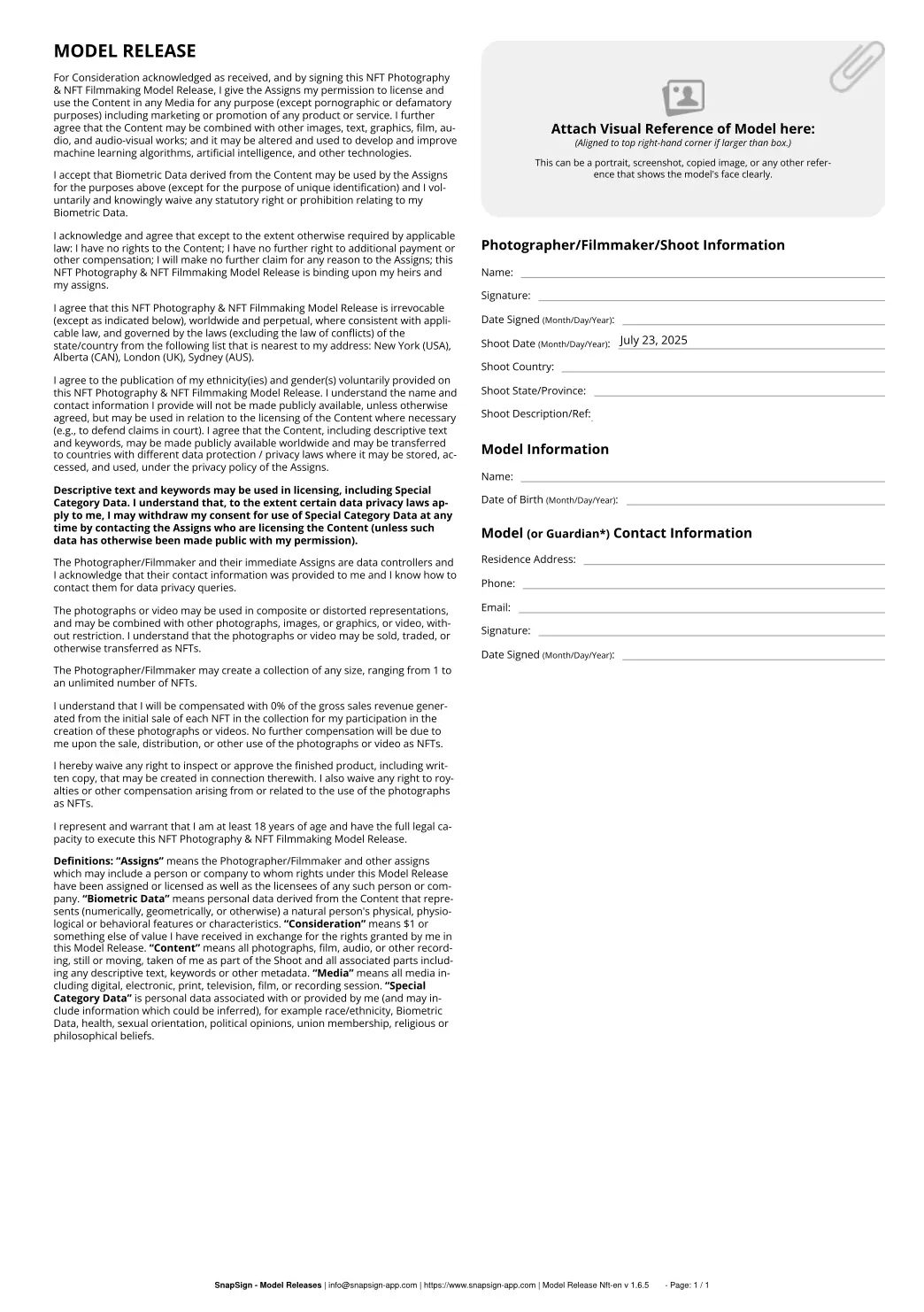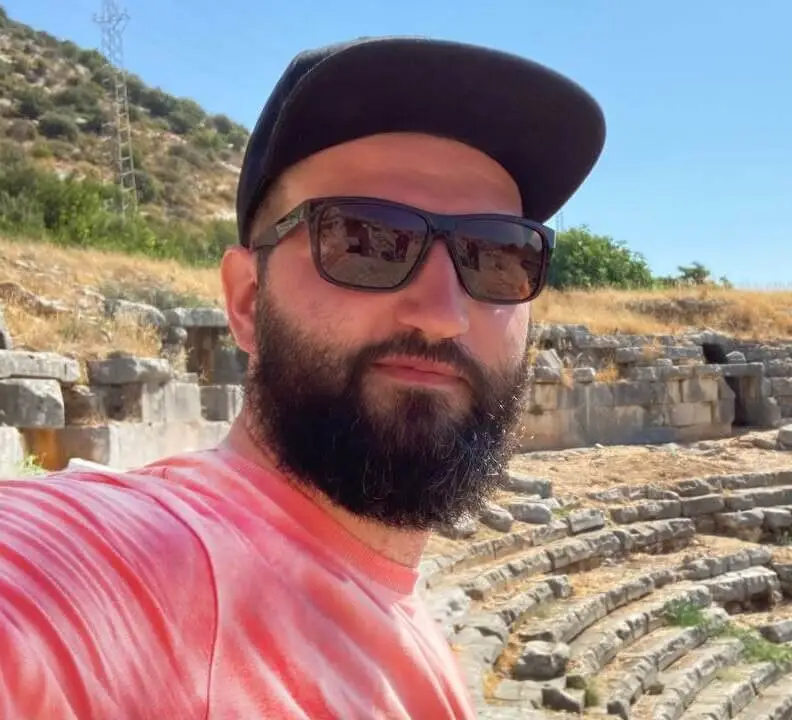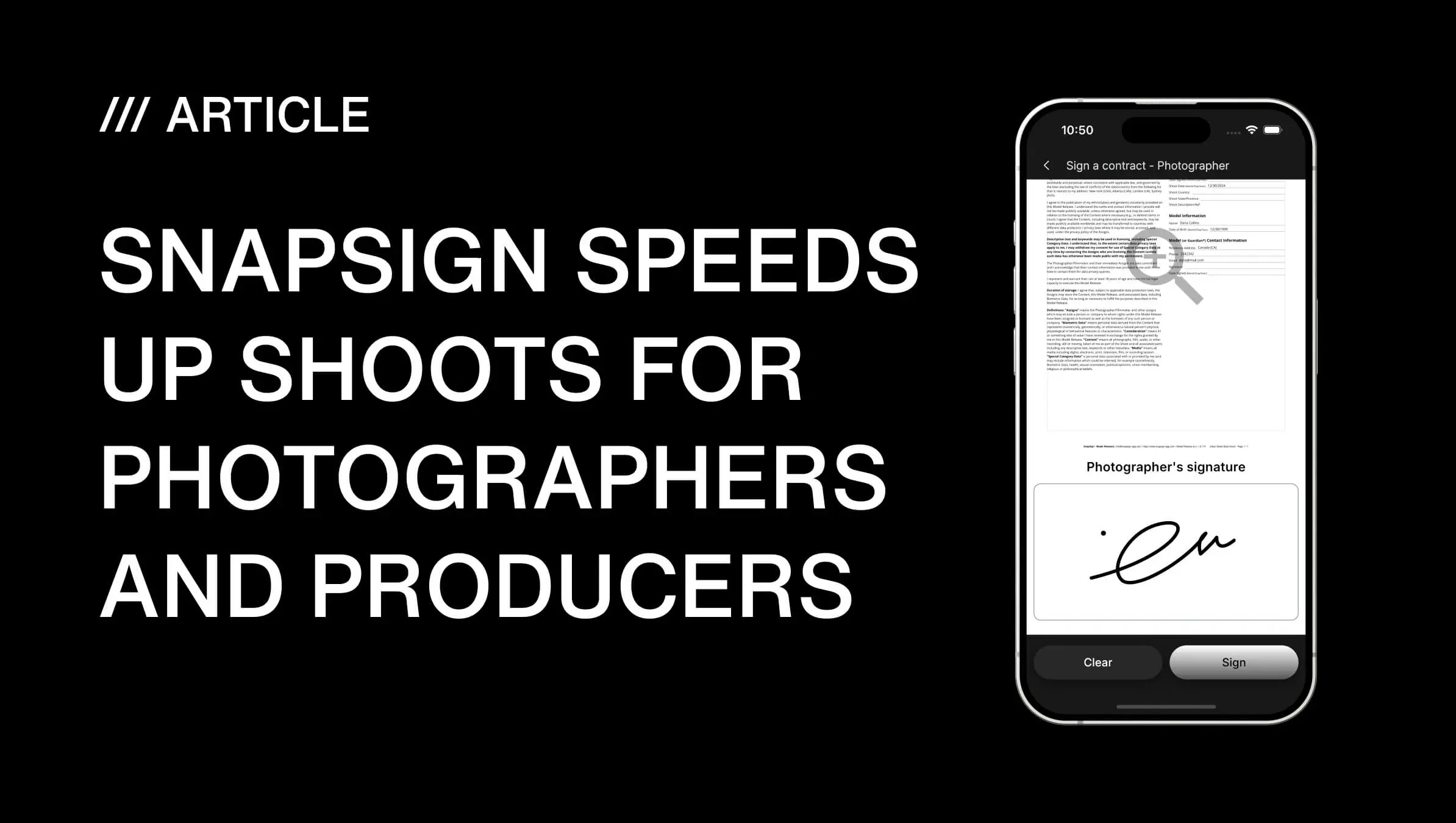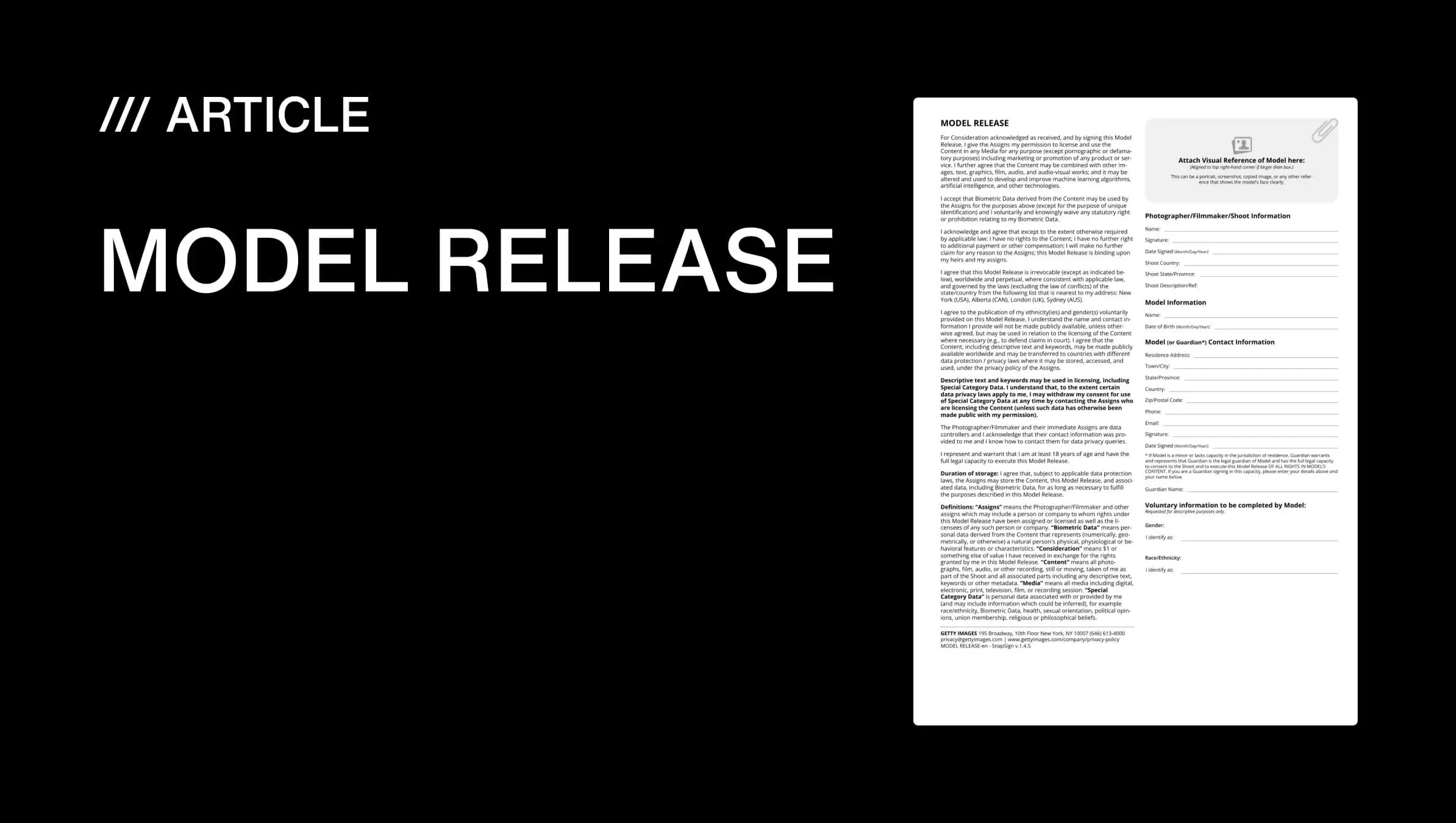How Legal Tools Are Evolving for Creators in 2025
I’ve been in the trenches - storyboarding, directing, dealing with last-minute client curveballs - and if there’s one thing that’s evolving faster than editing software, it’s legal. What used to be an afterthought buried in folders is now smack in the middle of our daily workflow.
Model releases, licensing, NDAs - they’re going digital, streamlined, even automated. And honestly? It’s about time. It’s not just easier - it’s empowering.
Why Creative Professionals Need Legal Docs in 2025
So, What’s the Deal with These Docs?
If you’re creating anything - whether it’s a commercial spot, an album drop, or a UX prototype - there’s probably some legal doc backing it up. Usual suspects?
- • Model release forms
- • Licensing agreements
- • Collab contracts
- • NDAs (non-disclosure agreements)
- • Copyright transfers
Think of them as creative insurance. If someone tries to steal your work or flake on payment, these docs have your back.
“Been there - client vanished after delivery. No contract. Just messages. Never again.”
Why You Need Legal Docs - Even If You Hate Legalese
No contracts = chaos. With contracts? You own your work, get paid on time, and have something solid to point to if things get messy. Screenshotting a “sure, let’s go ahead” text won’t save you in court.
Why Traditional Legal Processes Failed Creatives
The Paper Era of Pain
Remember printing contracts? Signing, scanning, emailing, even mailing hard copies? All for a single shoot or freelance gig. Total time suck.
Lawyers Cost a Fortune
Hourly fees were savage. Add printing, revisions, postage - it all added up. No surprise so many creatives skipped the legal stuff completely.
Enter: The Era of Digital Legal
One Click, No Pens
SnapSign flipped the script. Send, sign, store - all digital, all fast. Templates, revisions, timestamps - boom, done. No legal overhead, no drama.
Creative Commons: Share Without the Headache
Want folks to remix or repost your work without selling it? Creative Commons licenses make that simple. You set the rules, they follow. End of story.
Smart Contracts Are Already Here (and Wildly Useful)
Blockchain Meets Legal
Smart contracts = automatic agreements on the blockchain. You set the terms. When those terms are met, it auto-executes. No chasing, no middlemen.
Real Use Cases That Actually Work
- • Your track gets streamed? Royalties hit your wallet.
- • Client licenses your artwork? It’s logged and enforced.
- • Your indie film gets tokenized? Distribution rights get handled.
No sci-fi here. It’s already live.
NFT Licensing and Ownership: What Creatives Should Know
Licensing Lives Inside the Token
NFTs can carry legal weight - usage rights, commercial terms, and more. It’s not just digital bragging - it can be a contract in disguise.
But here’s the catch: most NFTs give access, not ownership. It’s a ticket, not a deed. Know what you’re actually buying.






